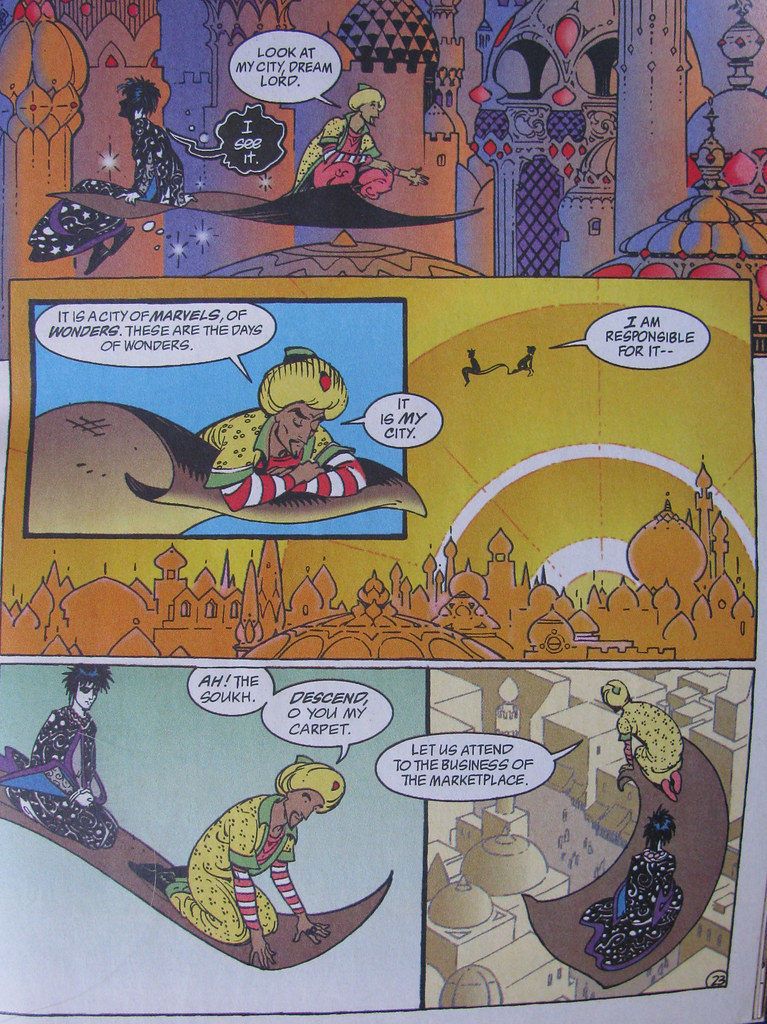I've been listening to Bruce Springsteen's most recent Album, Wrecking Ball. It's a good album. But the thing that is interesting to me is how he is writing in large part about the Idea Of America, and how so many people are frustrated by the lack of that idea's implementation.
The songs are pretty much all from a point of view: the characters may take on a mythic Everyman quality, but the idea is that they are spoken from a singular point of view. They aren't hymns; they aren't meant to be expressions of collective truth, even when the first person plural is invoked in the first song "We Take Care of Our Own."
Why is this important? Because we each (most of us) carry around our own little America, and that is the "shining city on the hill" Reagan invoked 30+ years ago. And each Perfect Union is a little different. Most of ours conveniently leave out some constituent type of Actual American—the kinds of people that drive you, personally, nuts.
I was struck by how conveniently the otherwise beautiful and heart-wrenching 11/23/63 by Stephen King gave space to black people but had NONE in the school where the main character was teaching. Were there really no black students in small-town Texas in 1963? None? It's not that black people are absent, but they are there as phantoms, as evidence of how deeply flawed America was around 1960. But the evidence was news and signs and white people talking, not actual flesh-and-blood black people.
But then, it would have been a different story. And all stories are selective. All of them. That's part of how stories work: they allow us to pull a singular pattern out from the overwhelming swirl of life, and look at that pattern's shape.
So I invoke this idea of a multitude of Little Americas in peoples' hearts not to say we should try to do differently. I don’t think we can. I think when organizations try and make the little dreams into one big dream—and then into reality—monstrous things happen. Reichs are created, and People's Republics. Places where people desperately wear a mask of someone else’s dream, in hopes they will be allowed to survive.
At the White Privilege Conference last year, there was a roundtable discussion with a group of well-respected radical activist academics. And I was struck by the comment of one of them, to the effect that she had given up on America. As far as she was concerned, it was irredeemable, with the sheer quantity of injustice and blood on its hands. And I understand exactly where she's coming from. The United States has a lot to answer for, most of which it probably never will. Certainly not in full. But I thought how sad that comment made me feel.
I don't want to live in your perfect America. You probably don't want to live in mine. But it’s the fact that each of us (or most of us, disillusioned folks aside) have a perfect America we carry around with us, that makes it possible for us to go on trying to be part of this whole. I think that the sense of a perfected anything is necessary to go on caring. Even if we know that perfection will never come to be.
I'm reminded of "Ramadan", from Neil Gaiman's The Sandman (collected in Brief Lives), where the Caliph of the Baghdad of the 1001 Nights, surveys his the perfect Baghdad. He knows it will not last, and so he persuades the Lord of Dream to bottle that perfect city, the city of his dream, and preserve it forever.
This is the false balance. When we try to protect our dream Americas, when we fight hard to keep them from bumping into the hard realities of the real America and changing in the process, becoming maybe less perfect, we are like people taking a living tradition and putting it under glass. We're like someone who shoots the last animal of its kind so we will have a good stuffed specimen in the zoo. It's not what animals are for, or traditions, or dream worlds.
Friday, September 28, 2012
Subscribe to:
Comments (Atom)

